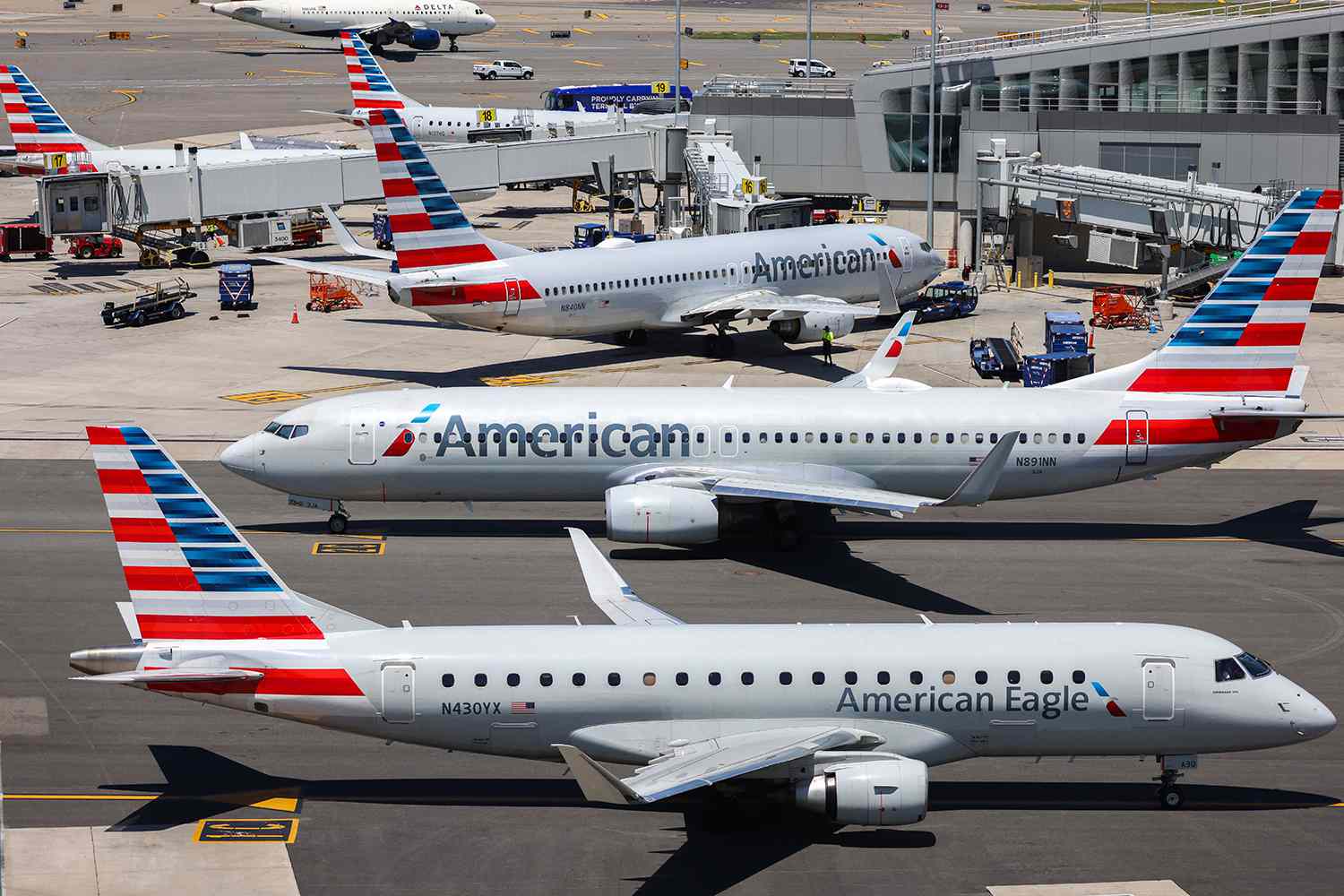New York, NY — American Airlines faced a major operational setback Tuesday morning when a technical malfunction brought all its flights across the United States to a standstill. The airline attributed the disruption to an unspecified vendor technology issue, which temporarily incapacitated its ability to manage flight operations. While the system was restored within hours, the incident caused widespread delays, frustrating travelers during one of the busiest travel periods of the year.
The trouble began when the airline’s Flight Operations System (FOS), a critical platform used for coordinating flight dispatch, crew scheduling, and passenger boarding, experienced an unexpected outage. According to the Allied Pilots Association, which represents American Airlines’ 16,000 pilots, the FOS failure prevented flights from being released from their gates, effectively halting the airline’s operations nationwide. Although American Airlines declined to confirm the specific system affected, it acknowledged the significant operational impact of the failure.
The Federal Aviation Administration (FAA) issued a nationwide ground stop at American Airlines’ request, halting all of the carrier’s flights until the issue was resolved. By around 8:00 a.m. ET, the airline began boarding flights again, and operations gradually resumed. However, the effects of the outage rippled throughout the day, with Cirium reporting that only 37% of American Airlines flights departed on time. Despite this, 93% of flights managed to depart within two hours of their scheduled departure times, reflecting the airline’s efforts to recover quickly.
Passengers expressed frustration at the delays, though many acknowledged the challenges posed by the technical failure. David Myers, traveling with his wife from Maryland to Louisiana, described the experience as inconvenient but ultimately understandable. “It’s Christmas Eve, and safety comes first,” Myers said. “But better communication from the airline would have gone a long way.” Social media platforms were abuzz with complaints from travelers, some of whom reported delays averaging 90 minutes, while others shared videos of airport staff addressing the situation.
The disruption occurred on a day when American Airlines was scheduled to operate over 3,300 domestic flights. Despite the challenges, the airline avoided significant cancellations, with data from FlightAware showing just 26 cancellations across all carriers nationwide. The broader U.S. aviation system also experienced delays, with over 1,000 flights affected by a combination of the American Airlines outage, winter weather, and airport congestion.
American Airlines’ stock initially dipped nearly 3% in premarket trading as news of the outage spread. However, investor confidence rebounded following the resolution of the issue, with the stock closing up 1% for the day. The airline issued a public apology, emphasizing its commitment to minimizing disruptions. “We apologize for the inconvenience and appreciate our customers’ patience as we work to get everyone to their destinations as quickly as possible,” the company stated.
Tuesday’s incident highlights the broader challenges faced by airlines as they increasingly rely on complex technological systems to manage operations. This outage follows a series of similar incidents across the industry. In July, a global tech failure caused widespread disruptions, with some carriers taking days to recover. Last December, a severe winter storm exposed weaknesses in Southwest Airlines’ systems, leading to thousands of cancellations and prompting federal scrutiny. These events underscore the need for continual investment in robust and reliable technology to ensure seamless operations in an industry that moves millions of passengers daily.
While American Airlines successfully managed to recover from the outage, the incident serves as a reminder of the vulnerabilities inherent in modern aviation systems. As the airline works to restore normalcy, the focus will undoubtedly remain on preventing future disruptions and maintaining the trust of its passengers.









